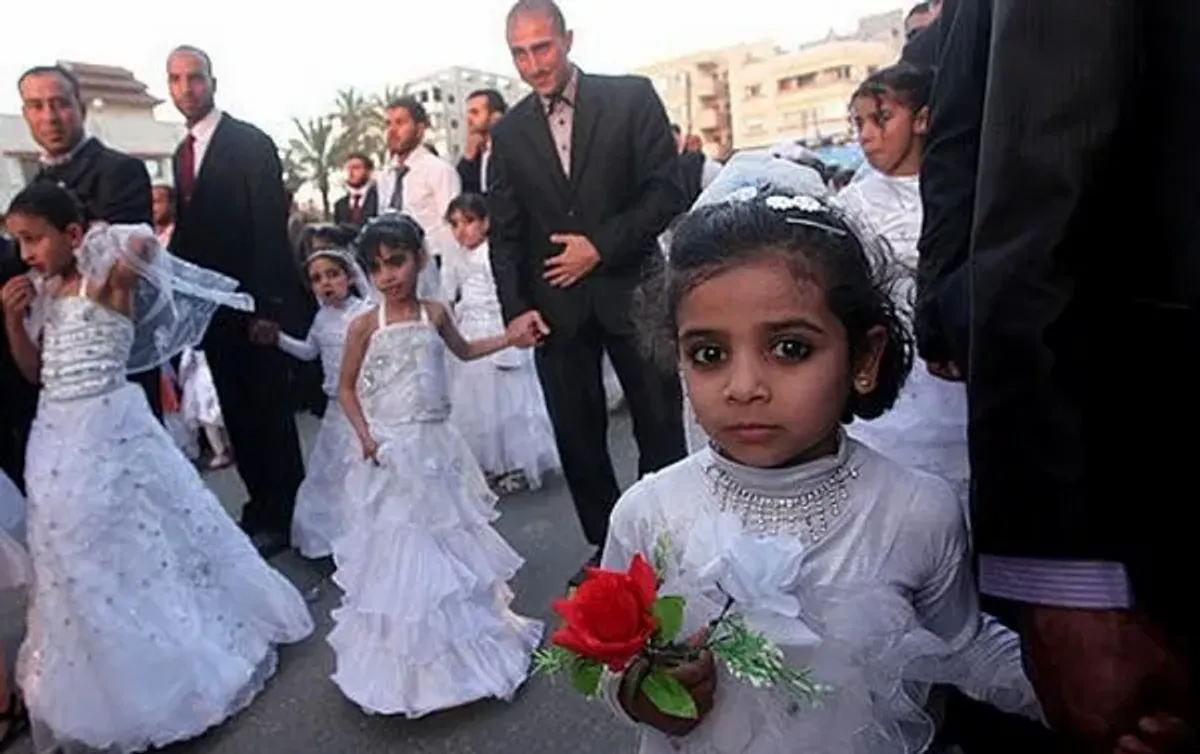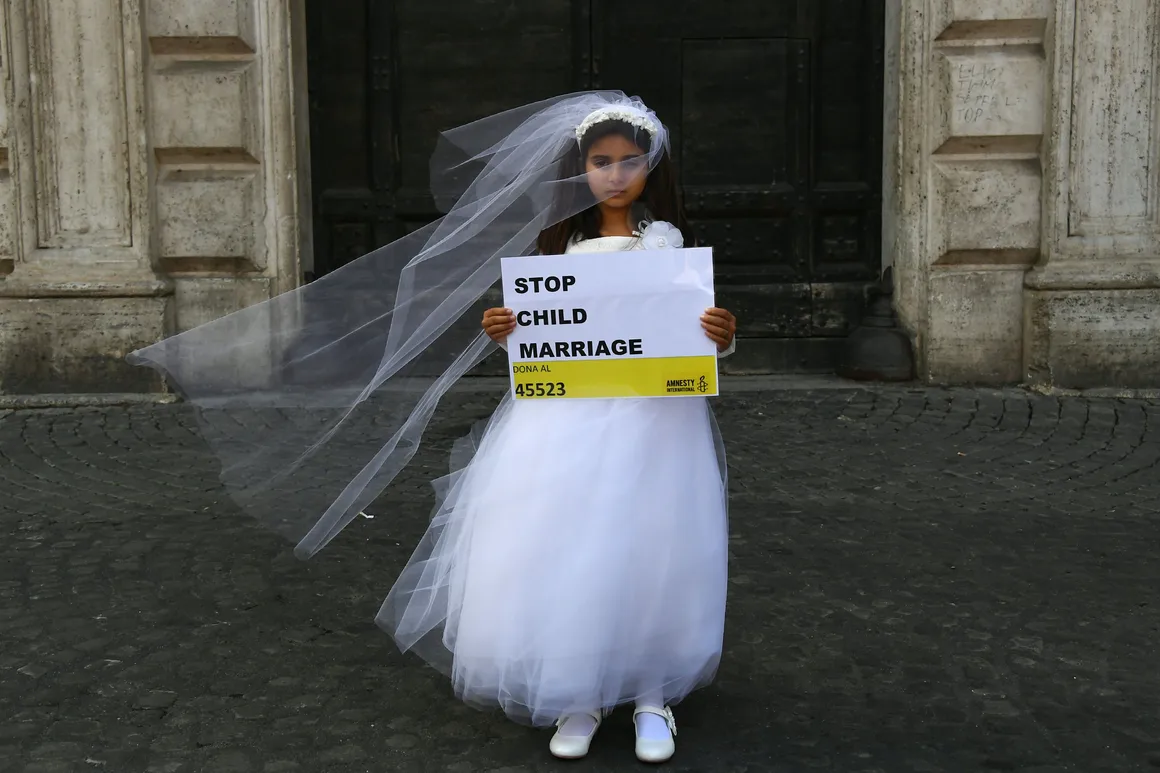By Terpsi Vassilopoulou,
One of the most crucial milestones towards the protection of human rights in modern societies is the Convention on the Rights of the Child, adopted and opened for signature, ratification and accession by the UN General Assembly on November 1989, as a new measure to safeguard the present and future of children all around the globe. Since then, despite the numerous victories which the international community has to celebrate, a lot of violations are still being recorded on the daily threatening the wellbeing of minors everywhere. One of those acts, with devastating effects on the life of a child and especially females, is that of forcing minors into marriage.
Child marriage refers to any formal marriage or informal union between two parties out of which one or both are under 18 years of age. Today, over 12 billion girls are married before the age of 18 each year, which accounts to approximately 23 underage girls being married every minute. This practice, rooted in gender inequality and fuelled by poverty, lack of education, harmful and dated social norms and practices, disproportionately affects women, as globally the prevalence of child marriage among boys is calculated at just one sixth that among girls. Child brides are being robbed of their childhood and well-being as well as fair chances to an equal future and life. They are more likely to become pregnant during adolescence and therefore are in higher risk of experiencing complications both during pregnancy and childbirth. Having children also prevents girls from continuing their education, while in some cases there are also official school or national policies besides the social norms that expect young married girls to drop out of school in order to take care of their home and family. Married minors are also at higher risk of acquiring HIV, experiencing domestic violence and being isolated from their family and friends, conditions that are also taking a great toll on their mental health. Girls in marriages like this become interdependent and unable to make their own decisions or become productive members of society, due to their underdeveloped skills, knowledge and confidence, hindering the systems own capabilities for stability, growth and transformation.

Globally, a steady decline has been recorded in child marriage rates in the past decade, but progress is not happening fast enough. While a lot of countries ban or invalidate marriage before a minimum age established by law, many more have yet to criminalise child marriage especially in cases where the child’s guardians are in compliance, completely ignoring the child’s will. The United Nations Sustainable Development Goals call for global action to end child marriage by 2030. Since 2016 Unicef has launched the global programme to end child marriage and has reached more than 21 million girls, providing them with empowerment programmes, life skills training, comprehensive sexuality education and school attendance support while also introducing men and community influencers into the dialogue. Similar programmes have also been launched on tackling the issue directly like the global campaign for the prevention of child marriage in 2019 and the recruitment of Jana Dukureh by UN Women as a Goodwill Ambassador in Africa as well as indirectly through a variety of programming targeted to girls’ empowerment, education, sexual and reproductive health, financial literacy and life skills.
In conclusion, even if it sounds anachronistic to many, child marriage is still a problem the international community deals with on a great scale. More effective and direct measures, related to the empowerment of girls and mobilisation of the community, towards its elimination will only guarantee a more secure, prosperous and fair future for all.
References
- UN Convention on the Rights of the Child. unicef.org. Available here




